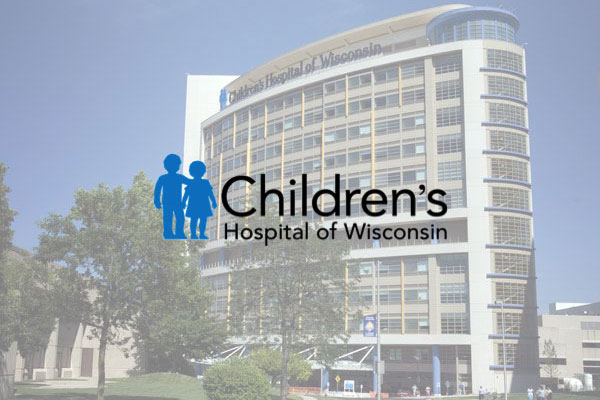Healthcare-Neighborhood Partnerships for Healthier Kids, Families & Communities
“The Consilience team created a space and framework for our system to realistically look at our assets and how we needed to change to partner with inner city neighborhoods to reach our vision of the healthiest kids in the country. You helped our internal and community stakeholders tap into their shared dreams to develop clear mutual expectations and game plans for collaboration. Residents were empowered to build on their neighborhoods’ strengths and guide us on how to best provide what our healthcare system has to offer. The result is sustainable capacity inside our system and neighborhoods for healthier kids and families in some of the most disinvested areas in Milwaukee.”
—Executive Vice President, Children’s Hospital of Wisconsin

Children’s Hospital of Wisconsin system fosters strengths-based trusting partnerships with inner city neighborhoods for healthier kids, families and communities.
Children’s Hospital of Wisconsin (CHW) serves over 200,000 children with fully integrated inpatient and ambulatory services, the state’s largest Medicaid managed care plan for kids and a robust array of community-based prevention and social services. In 2009, it claimed the bold vision of “the healthiest kids in the country” – including the 66,000 kids it serves each year living in poverty.
The system knew it had to transform the way it partnered with children and families, particularly those in disinvested inner city neighborhoods. It resolved to align its resources with the assets and strengths of neighborhoods for new types of clinical-community partnerships grounded in mutual respect and trust. However, CHW knew it first had to strengthen its own culture, capacity and services. Consilience Group (CG) was invited to provide planning, design, professional development and technical assistance to help CHW strengthen its own, as well as its neighborhood partners’, capacity for transformative community collaboration.
Impact
CHW has operationalized clinical-community partnerships for population health throughout its system. Selected examples include two CMS-funded innovation projects for special populations and expanded care coordination contracts from Wisconsin’s children’s medicaid health plan and its foster care system. Most notably, its three partner neighborhoods have new capacities for community health improvement, with greater resident empowerment, agency coordination, richer local assets including CHW healthcare services, lower crime and improved economic opportunities.

